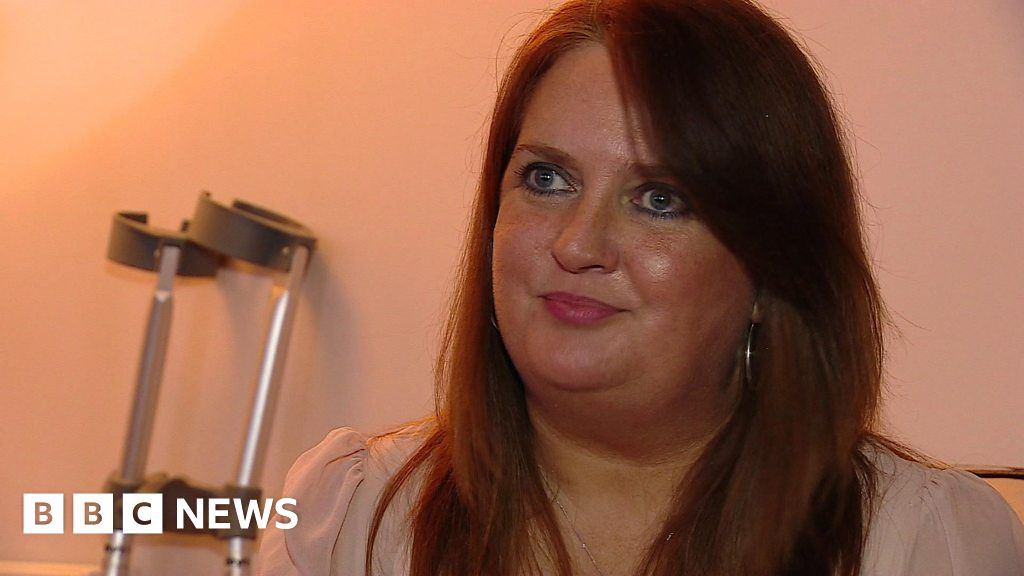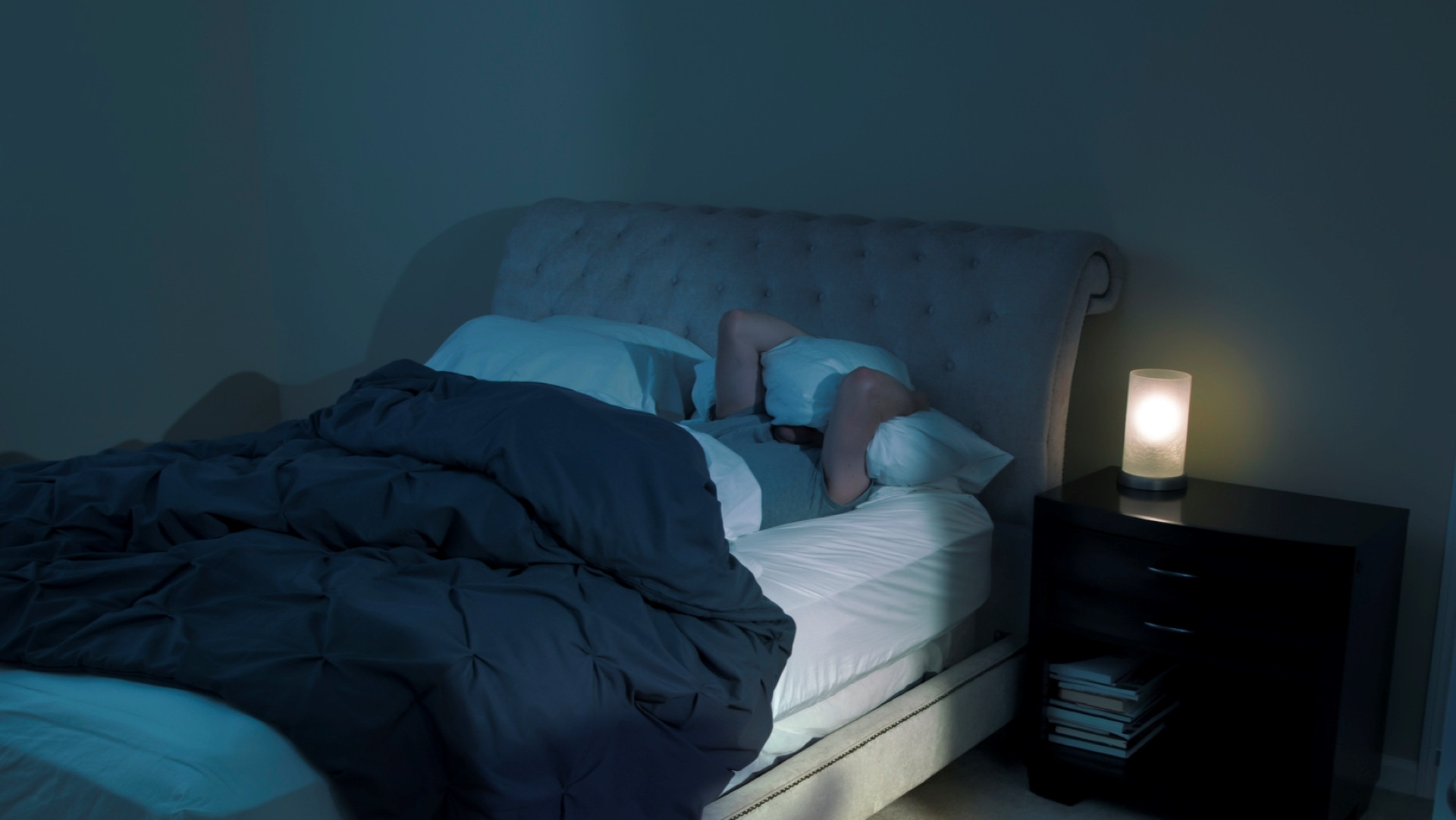As the clocks roll back with the end of British Summer Time next weekend, experts are issuing a warning about three less obvious signs of dementia to watch out for. These symptoms may become more apparent following the time change.
Dementia, characterised by a collection of related symptoms tied to a gradual brain function decline, is most prevalent in individuals over 65, and initial stages can be easily mistaken for age-related changes.
Memory loss, problems with concentration and issues engaging in conversations or locating the right words are among the best-known indications of dementia. However, Dementia UK is urging vigilance for some specific signs that could manifest in the days after the clock adjustment on October 27.
The behavioural shift known as "Sundowning" involves alterations in behaviour at twilight or evening hours, resulting in greater agitation or anxiety in certain individuals with dementia. This tendency could be more prominent post-clock change due to the earlier arrival of darkness.
"Hunger, thirst and physical pain can also play a part. As darkness falls and people settle in for an evening, these changes can make someone with dementia concerned that they are in the wrong place or have forgotten to do something important during the day."
They shared three key signs of sundowning in dementia patients and offered advice on how to manage it. They also suggested ways to reduce the chances of sundowning occurring in the first place.
Sundowning: Three Tell-Tale Signs
Experts at Dementia UK outlined three key signs of sundowning, offering advice on how to manage it:
Sundowning: 3 Common Signs
- Increased agitation or anxiety: The person with dementia may become restless, agitated, or anxious in the evening. This can manifest as pacing, yelling, or becoming withdrawn.
- Confusion or disorientation: They may become confused about where they are, what time it is, or who people around them are. They might ask the same questions repeatedly or have difficulty remembering recent events.
- Sleep disturbances: Sundowning can disrupt sleep patterns, causing the person to become more awake and active at night.
How to Handle Sundowning
If you are caring for someone with dementia who is experiencing sundowning, the following tips can be helpful:
- Create a calming environment: Dim the lights, play calming music, and avoid loud noises or sudden changes in routine.
- Provide reassurance: Talk to the person in a calm and soothing voice, and reassure them that they are safe and loved. Try to understand their needs and concerns and provide support accordingly.
- Distract with engaging activities: Engage the person in a quiet activity they enjoy, such as listening to music, watching a movie, or reading a book. This can help redirect their attention from the agitation.
- Ensure their basic needs are met: Make sure the person has access to food, water, and a comfortable place to sit or lie down.
Preventing Sundowning
There are ways to reduce the chances of sundowning occurring in the first place. These include:
- Maintaining a regular routine: Stick to a consistent daily schedule, including mealtimes, naps, and bedtime. A predictable routine can help minimize confusion and anxiety.
- Ensuring adequate sleep: Create a relaxing bedtime routine, and make sure the person is getting enough sleep. This may include limiting caffeine and alcohol intake in the evening.
- Promoting physical activity: Encourage regular physical activity during the day. This can help reduce stress and improve sleep quality.
- Managing pain and discomfort: Ensure any physical pain or discomfort is addressed promptly.
If you need advice or support on living with dementia, Dementia UK’s Admiral Nurse Dementia Helpline is available at 0800 888 6678 or via email at [email protected]. And if you or a loved one are experiencing symptoms of dementia, you should consult a GP.

















